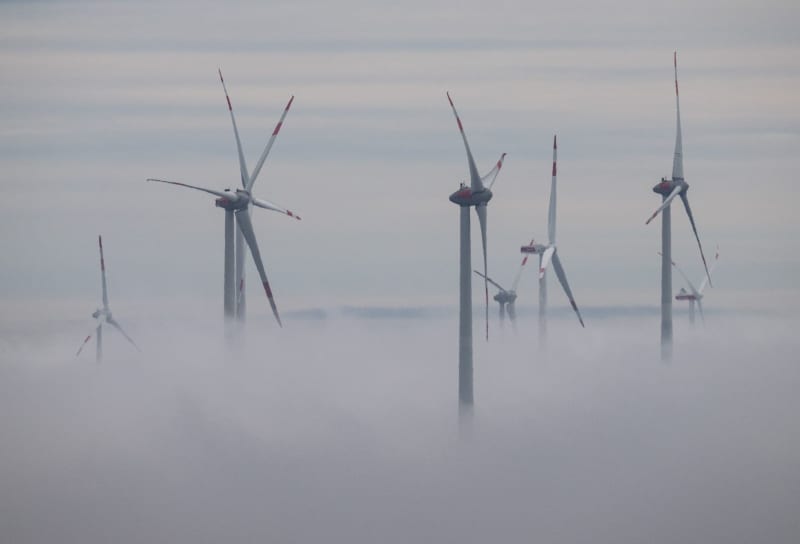The Federation of German Industries (BDI), represented by executive Holger Lösch, has made a strong appeal to lawmakers to alleviate the financial strain on Germany’s ailing companies by reducing high electricity costs. Lösch emphasized on Friday that the current electricity prices are jeopardizing industrial production and jeopardizing jobs throughout the country. He identified that a decisive measure, specifically a reduction in the substantially increased network fees, is an urgent necessity to enact in order to mitigate these challenges. His remarks come at a critical time as lawmakers are gearing up to discuss a proposed bill by Chancellor Olaf Scholz’s minority government, which seeks to address the issue of high electricity costs through the reduction of network fees.
The proposed bill plans to provide a federal subsidy of up to €1.32 billion (approximately $1.4 billion) to transmission system operators in the upcoming year, aiming to alleviate some of the financial burdens associated with electricity costs. However, the political landscape has changed dramatically following the collapse of Scholz’s three-party coalition government, which no longer holds a majority in the Bundestag, Germany’s lower house of parliament. This change poses significant challenges for the passage of the proposed measures, as opposition parties express their reservations and discontent with the government’s initiatives.
Opposition from the conservative CDU/CSU bloc has already emerged, with party members labeling the government’s proposal as inadequate. They have indicated that they will not support the bill in its current format, expressing concerns about its effectiveness in addressing the pressing needs of industries suffering from inflated electricity prices. The disagreement highlights a growing tension between the ruling minority government and the opposition, further complicating the potential for swift legislative action to assist struggling businesses.
Lösch articulated a shared sentiment with the opposition, agreeing that the government’s plan to co-finance the subsidy for transmission grid costs does not meet the urgent requirements of the business sector. His criticism underscores the perception among industrial leaders that proposed measures are insufficient in scope and depth to provide meaningful relief. The ongoing discourse around the bill illustrates a widening gap between the needs of industry and the political will to address them adequately, raising concerns about the future stability of Germany’s industrial sector.
Moreover, Lösch pointed out that the current government proposal lacks clarity concerning its financing and the timeline for implementation. Such uncertainties could further hinder businesses’ ability to plan for the future, thereby intensifying the adverse effects of high electricity costs on industrial productivity. The ambiguity surrounding funding and timelines is particularly worrisome for companies operating under thin margins, which may not withstand further increases in operational costs.
In conclusion, the situation presents a formidable challenge for Germany, as lawmakers navigate a complex political environment while seeking to provide necessary support to its struggling industrial sector. The emphasis placed by BDI on the critical need for lowering electricity costs highlights the pressing nature of the issue, as high energy prices risk undermining both production capabilities and employment. The upcoming debates will be crucial in determining how effectively these challenges can be addressed amid political divisions and economic pressures.

